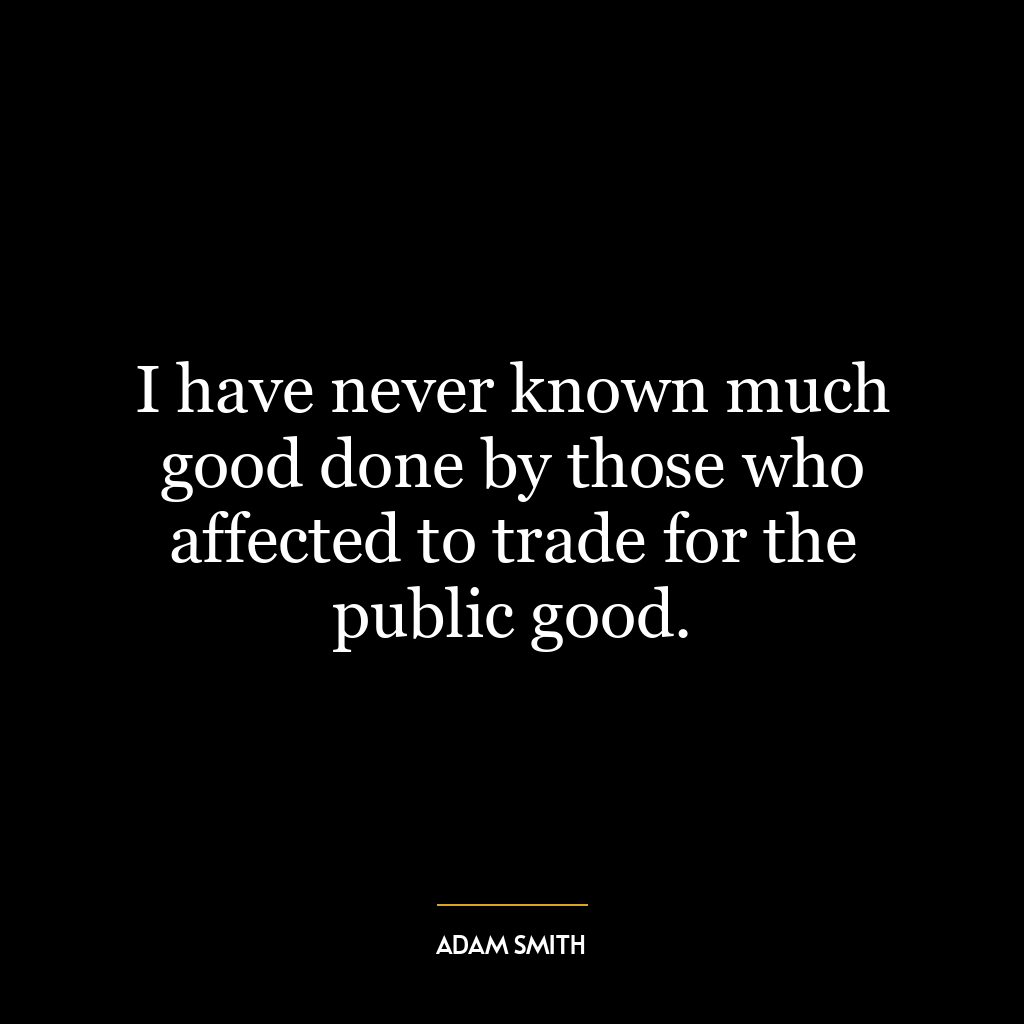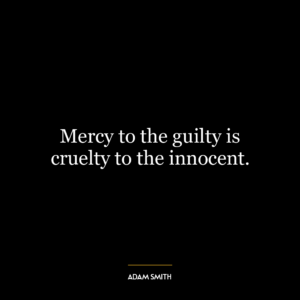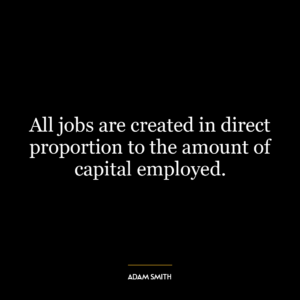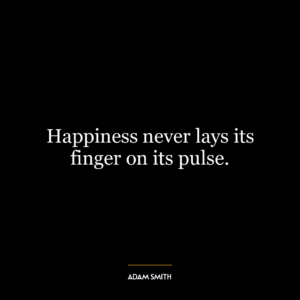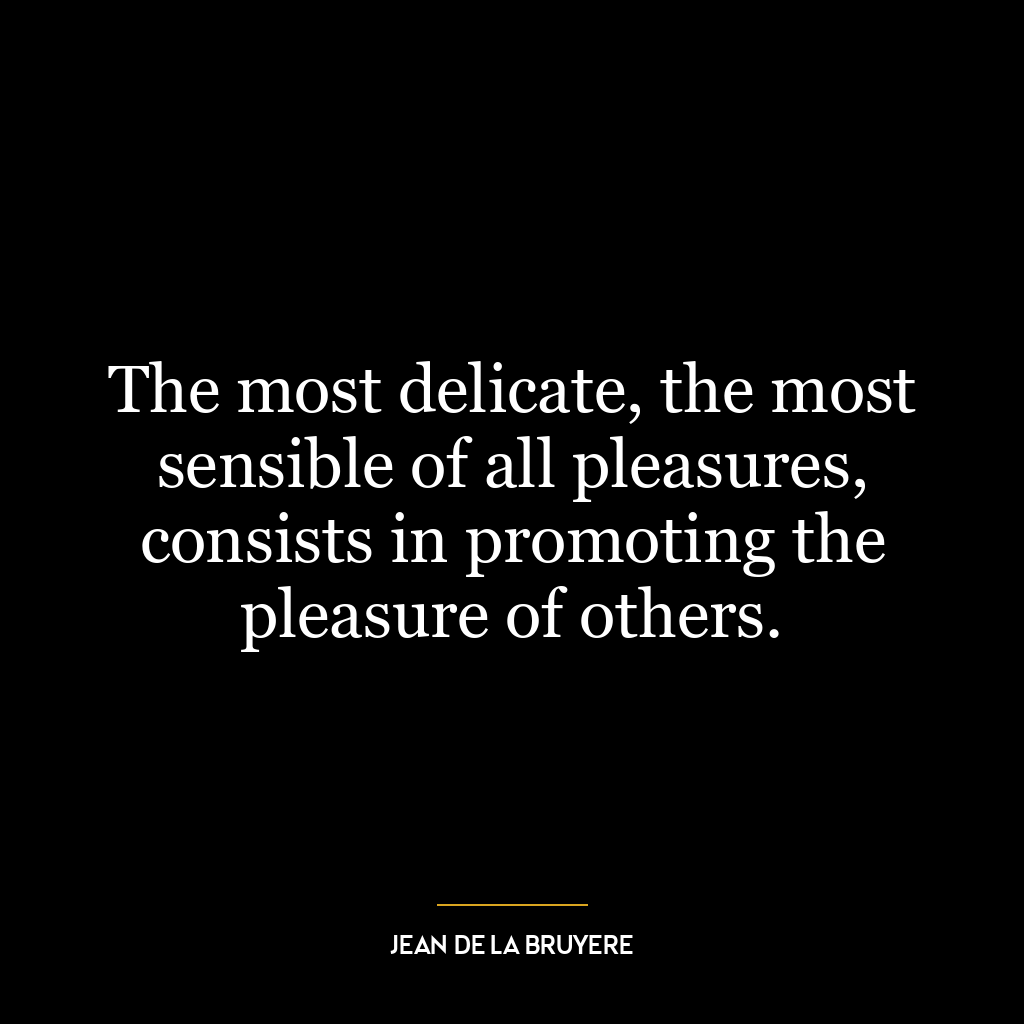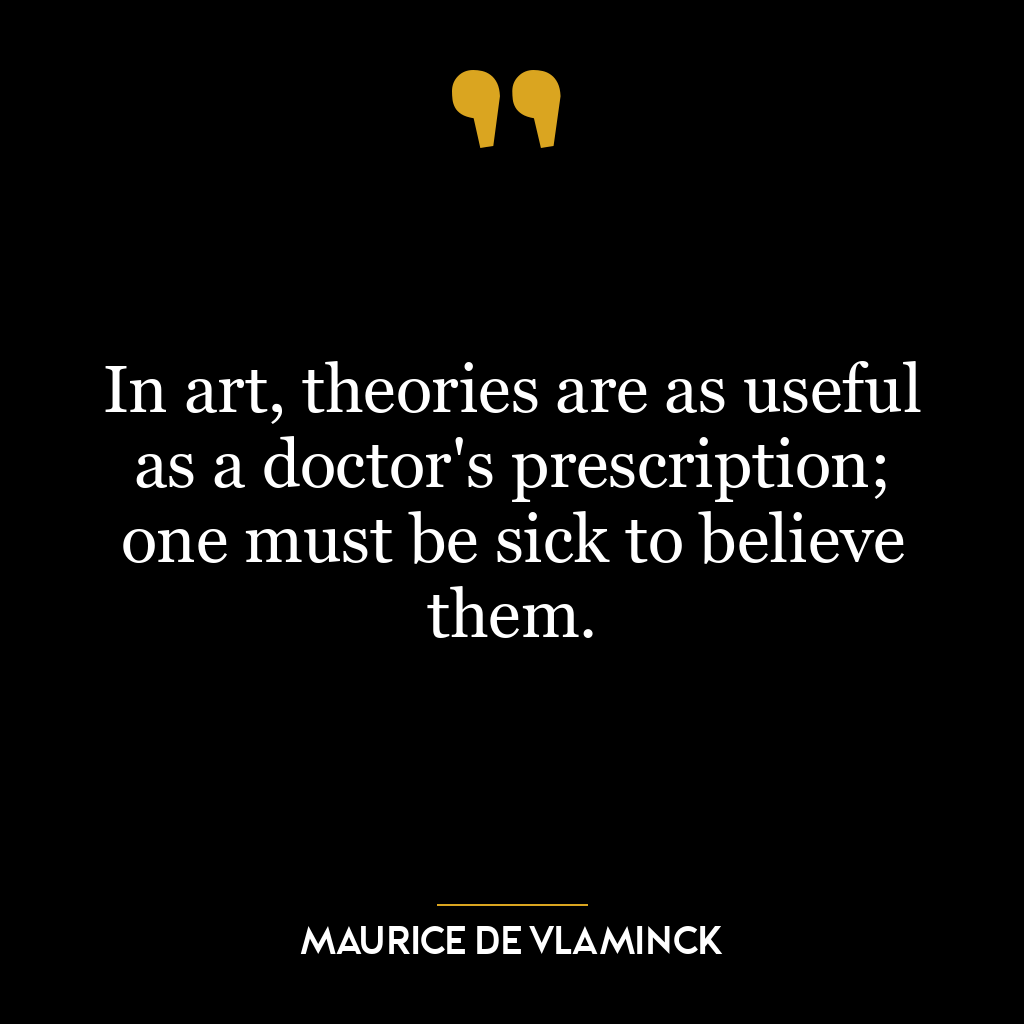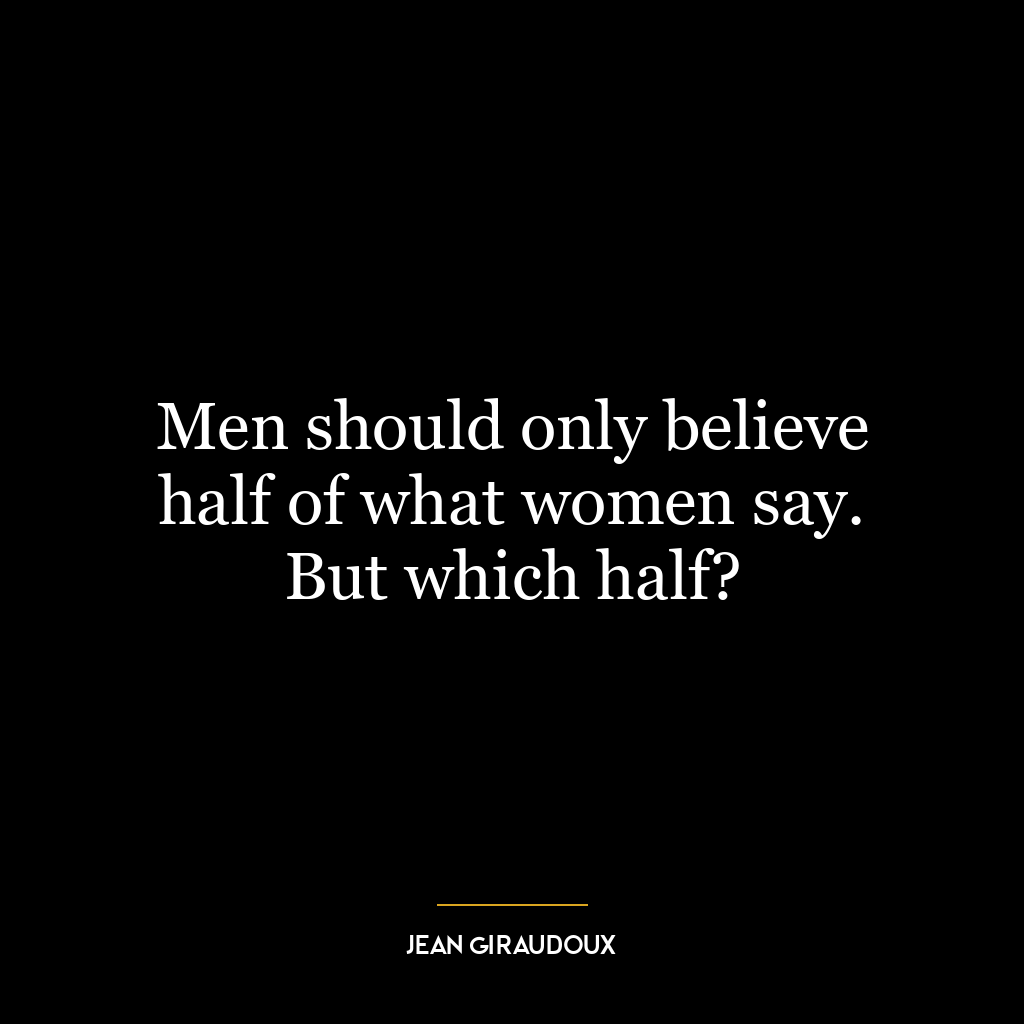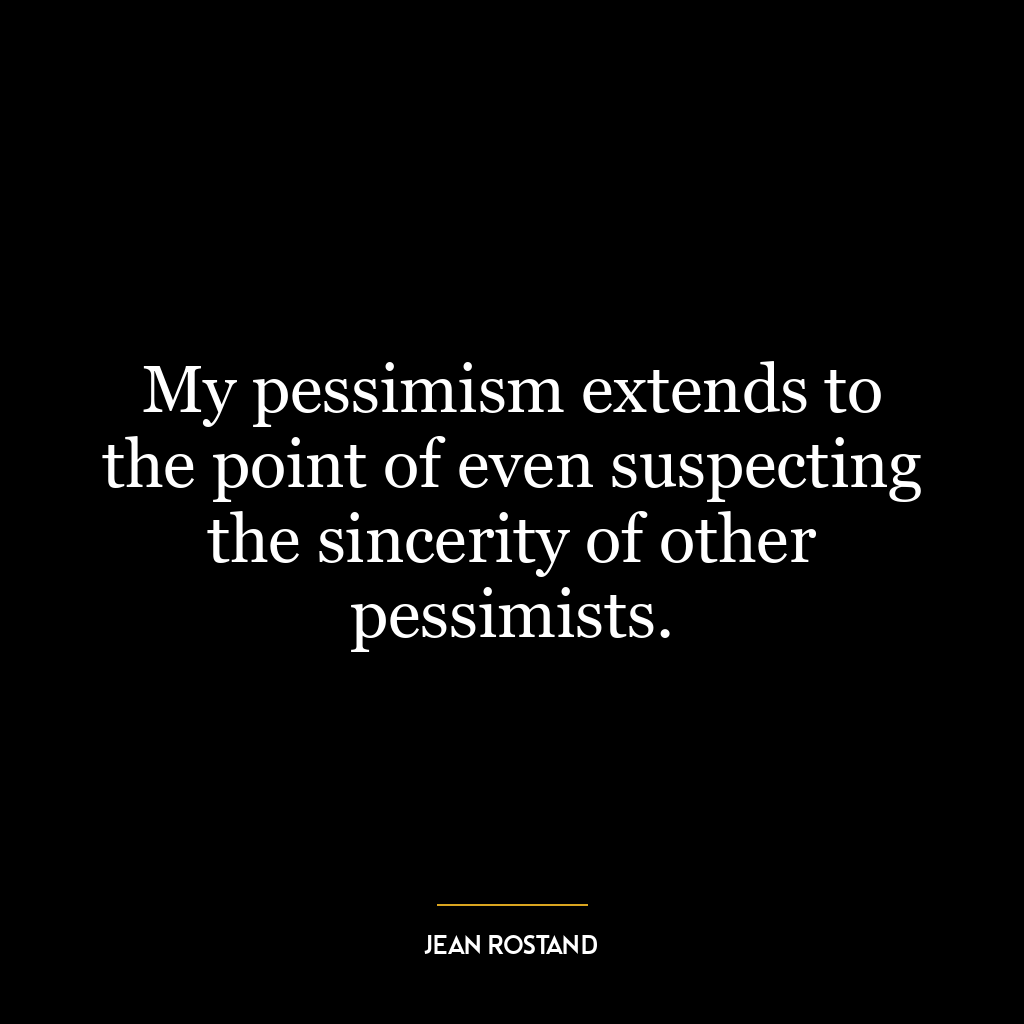This quote essentially means that those who claim to be working for the public good, often do not accomplish much good. It suggests skepticism towards those who say they are trading or conducting business with the public’s best interest at heart. The underlying implication is that these individuals or entities might be more concerned with their own interests and may not be as altruistic as they claim.
In other words, it’s a call to question the motives of those who profess to be working for the greater good, especially in the realm of trade and business. It implies that genuine good is often done by those who don’t make a show of their intentions, rather than those who loudly proclaim their virtuous goals.
Applying this to today’s world, we could think about corporations and businesses that claim to be socially responsible or to prioritize the public good. While some companies certainly do make positive contributions to society, this quote reminds us to critically evaluate these claims. Are they truly working for the public good, or is this a marketing strategy to attract more customers and increase profits?
In terms of personal development, this idea could be a reminder to be wary of people who loudly proclaim their good intentions. It could also be an encouragement to focus on doing good deeds without seeking recognition or praise. The quote suggests that true goodness comes from genuine intentions and actions, not from the desire to appear virtuous to others.

